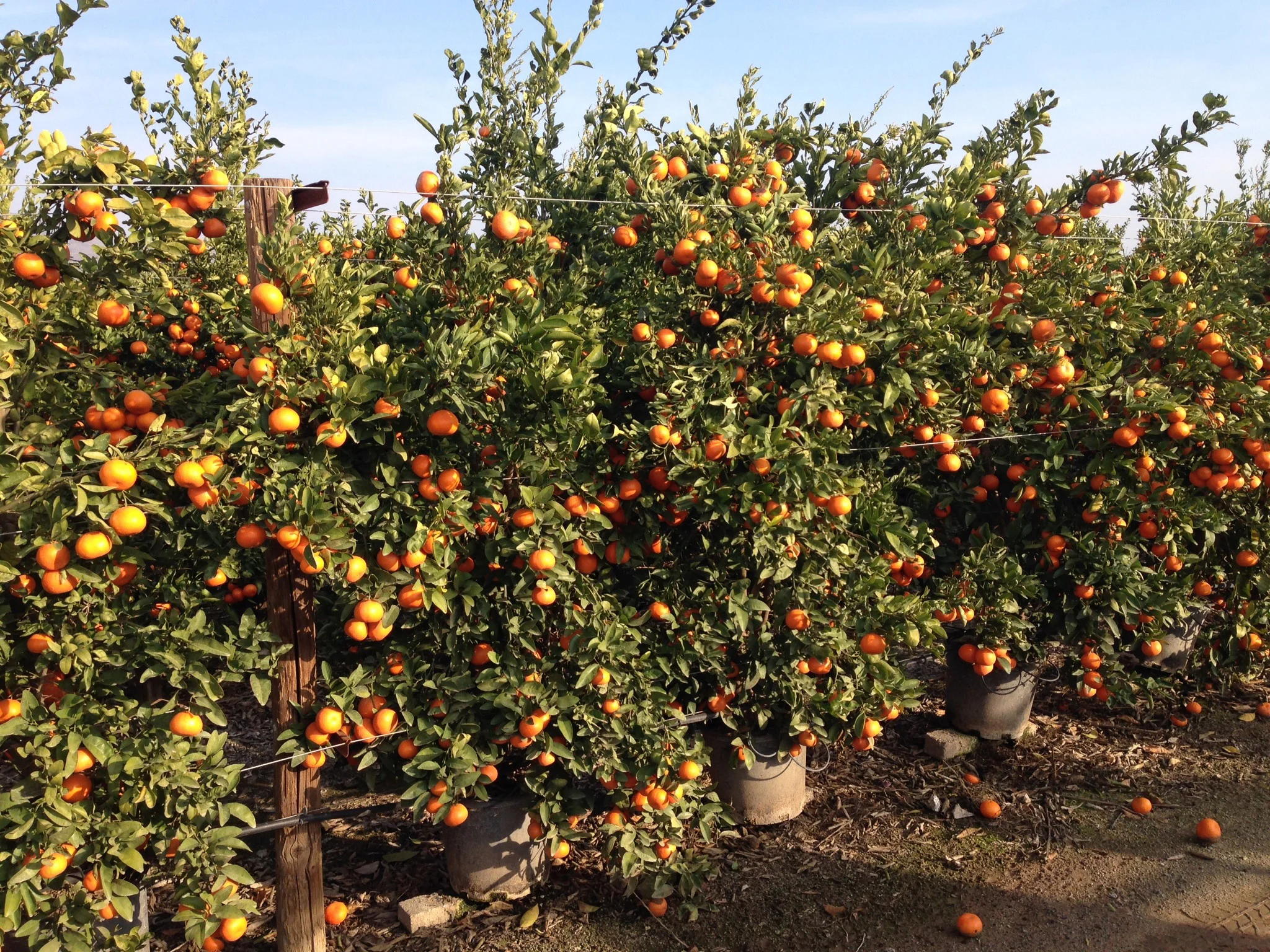The world food market is a trillion dollar industry in need of significant change.
According to the United Nations website, nearly one in three people in the world (2.37 billion) did not have access to adequate food in 2020.
In a recent report published by the American Association for the Advancement of Science, it was estimated that the world will need 1 billion more hectares, or 3.86 million square miles, of arable land by 2050 in order to adequately feed us all. This is an area roughly the size of Brazil and far more land than is available.
More alarming is the fact that nearly 80% of all available freshwater is used for agriculture. Farms occupy 37% of the Earth’s land area. Overwatering of this land, combined with the growing need for farmland, will push already strained human water consumption to catastrophic levels in the near future.
This has both an adverse effect on the environment as well as food production costs. With the rising price of diesel fuel, costs for harvesting and transporting food have increased commensurately. More and more, consumers are seeking food sources with low food miles.
Blum is the solution.
Blum is a technology-based system that stands ready to revolutionize farming and the food production industry.
Blum utilizes cloud-based technology, plant sensors, artificial intelligence and autonomous robots and drones to remove the inefficiency, waste, and scalability limitations from traditional farming practices.
Some of the ways that Blum improves upon traditional farming techniques:
Increases production yields, improves fruit quality and nutrition, and increases plant longevity
Eliminates the need for arable soil, and thus dramatically increases the amount of available growing areas in the world, by planting in containers with soil-free media
Improves food safety and traceability
Reduces the environmental footprint by decreasing the use of water and other inputs by up to 75%
Decreases food miles, and therefore transportation costs, time and fuel, by creating a profitable food source closer to urban populations
Decreases ground water pollution by eliminating the need for pesticides
Reduces risk and cost of labor by harvesting and maintaining crops without the use of ladders
Reduces much of the hand labor through automated robotic harvesting
This patented, holistic, and innovative approach re-imagines the management of farms globally and creates space in the farming industry for a new generation of eco-agri-entrepreneurs.
The opportunity here is
for a young visionary,
who will approach farming from a technical and business economic point of view in order to disrupt the traditional farming industry and begin the path toward solving many of the world’s food related issues.






